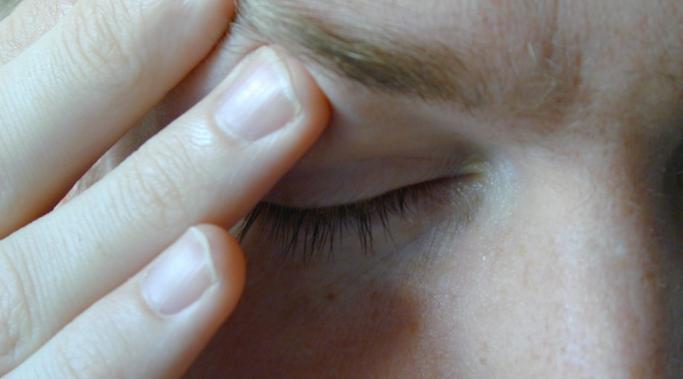Last week I wrote about how fighting bipolar disorder is like fighting an invisible enemy. And I suggested that creating an internal visual of an "enemy" was a helpful way of differentiating the sick person from the illness itself.
I think stigma is similar. We can let stigma, or thoughts thereof, get into our heads. We can start to believe the ignorant judgements of others and we can let stigma bring us down.
But we don't have to. We can fight.
And while stigma is often something one feels, sometimes it is something one can see too. Like in print. Like in The Daily Athenaeum piece on depression that I wrote about on Monday.
It was chock-a-block with ideas of stigma. But I chose not to believe it and instead I chose to fight.
Understanding Mental Illness
I'm not a person who takes on a cause de jour - I simply have too much self-preservation for that. I have enough going on without worrying about the plights of the world.
However, when someone tries to spread mistruths and tries to silence my voice, then I start to get peeved.
Case in point. Recently, the West Virginia University's school paper, The Daily Athenaeum, printed an article about lifestyle factors and depression. And while I have no problem with that subject, the things they said therein were wrong and inexcusable.
And when they tried to silence my criticism of that article, I got peeved. I will not allow the voice of mental illness to be ignored simply because someone doesn't like what we have to say.
Despite what many people think, mental illness isn't just about "being sad" or hallucinating or feeling suicidal - mental illness is about physical pain too. One of the ways people get diagnosed with illnesses like depression is due to physical complaints (what doctors call somatic pain).
When you have a mental illness, not only your brain hurts, but your body does too.
Hi. Thanks for joining us as we expose the biggest myths in mental illness. Today's myth: a bad childhood causes mental illness.
I've discussed how I like to use the word "crazy" and don't find it derogatory. Us crazies, we have to stick together, I might say. I've also said that people can use any word to hurt you. Don't tell me you're a secretary.
But some people use a mental illness diagnosis as a weapon. Some people insult and abuse with the facts of illness and treatment.
I've been wrong about a lot of things in my lifetime. Life is funny like that, always moving the ball when you're not looking.
And one of them was this: I thought I was too smart to have a mental illness.
This week saw the passing of Schizophrenia Awareness Day and I think it's time to take a moment to learn some facts about this much stigmatized mental illness.
I hate shrinks. Shrinks should die. Shrinks are evil. (Thank the commenters (not an individual) for that.)
OK I get it, you don’t like psychiatrists. Personally, I would find a more intelligent way to express an argument, but your point is clear nonetheless.
You’re ranting. I get that. I rant. We all do. It’s a healthy expression of the frustration seen when dealing with so many things outside of our own control. But at some point you have to stop hating, wishing for murder and committing moral condemnation and actually do something useful.
In my last article on the biological evidence for depression I discussed evidence in genes, hormones, monoamines (like serotonin) and neuroimaging. Today I’ll finish off the research areas for the biological evidence of depression and suggest what I think all this biological evidence means.
Common messages spread by certain special interest groups are that “mental illness doesn’t exist” and “there is no biological evidence for mental illness.” It’s not surprising I take great exception with these claims. So do most doctors.
But the brain is an extremely complex organ and refuting the above notions is hard. It’s not a two-word response. So, I’m going to attempt to give a two-part overview, in plain English, of some of the research around the biology of major depressive disorder according to a meta-analysis done in 2010 (see below).



